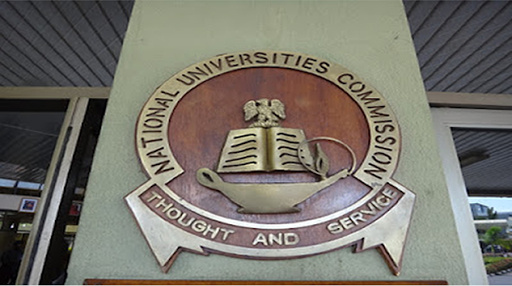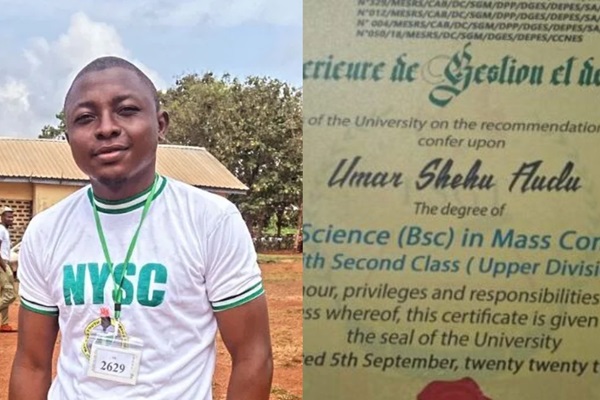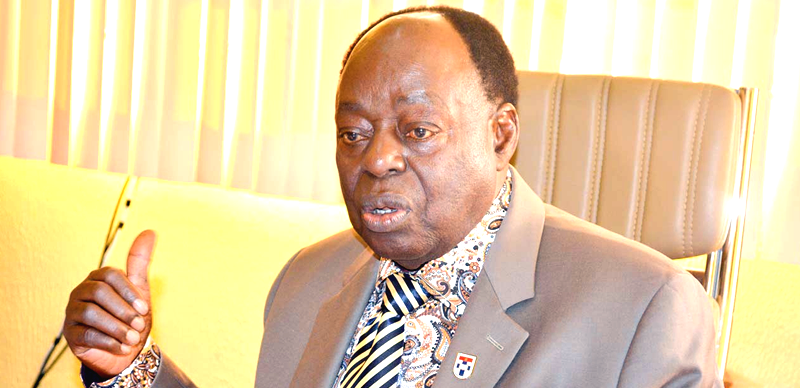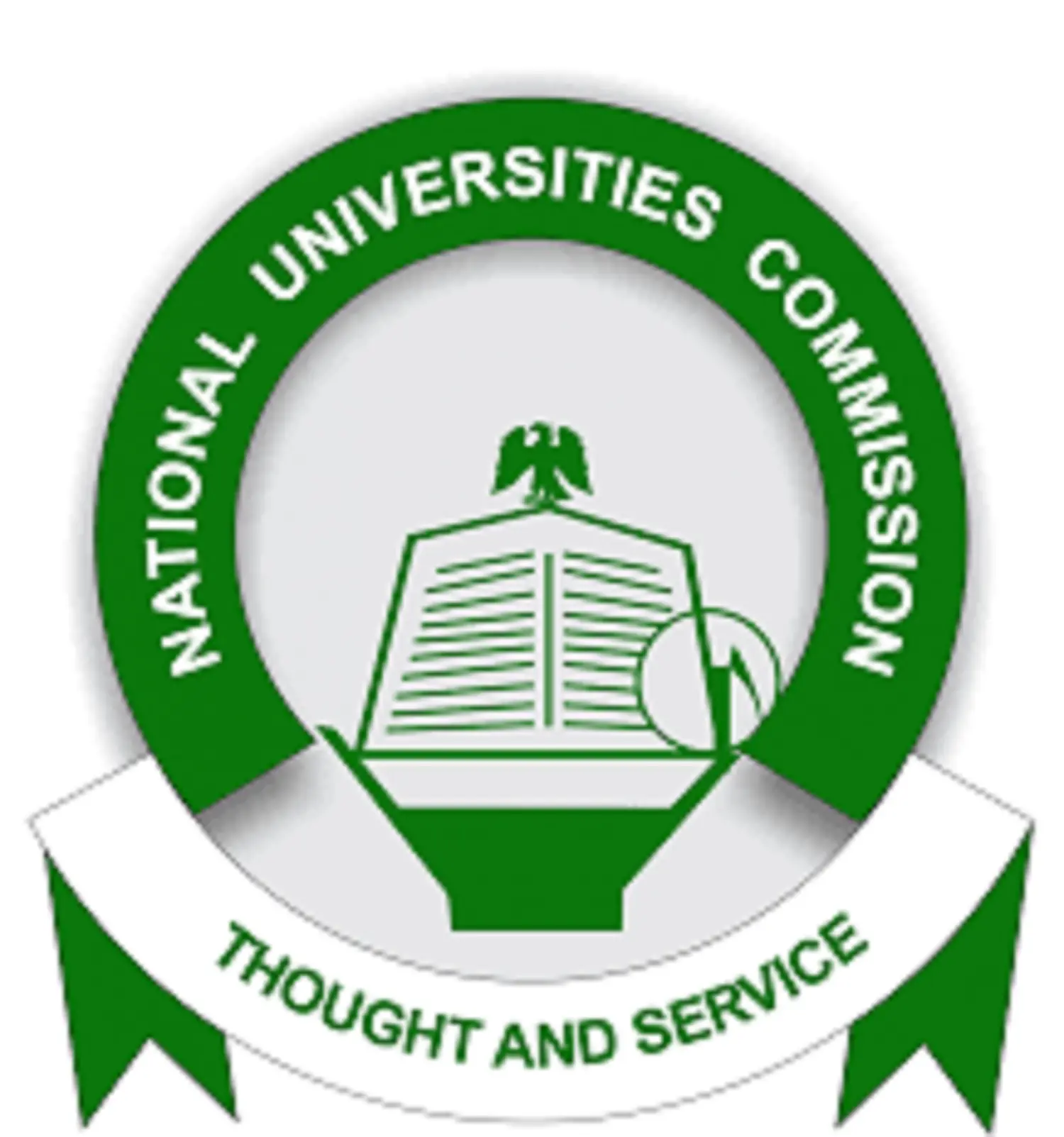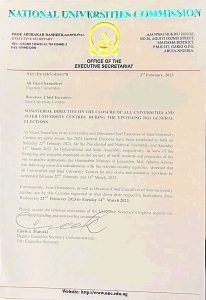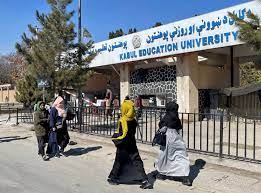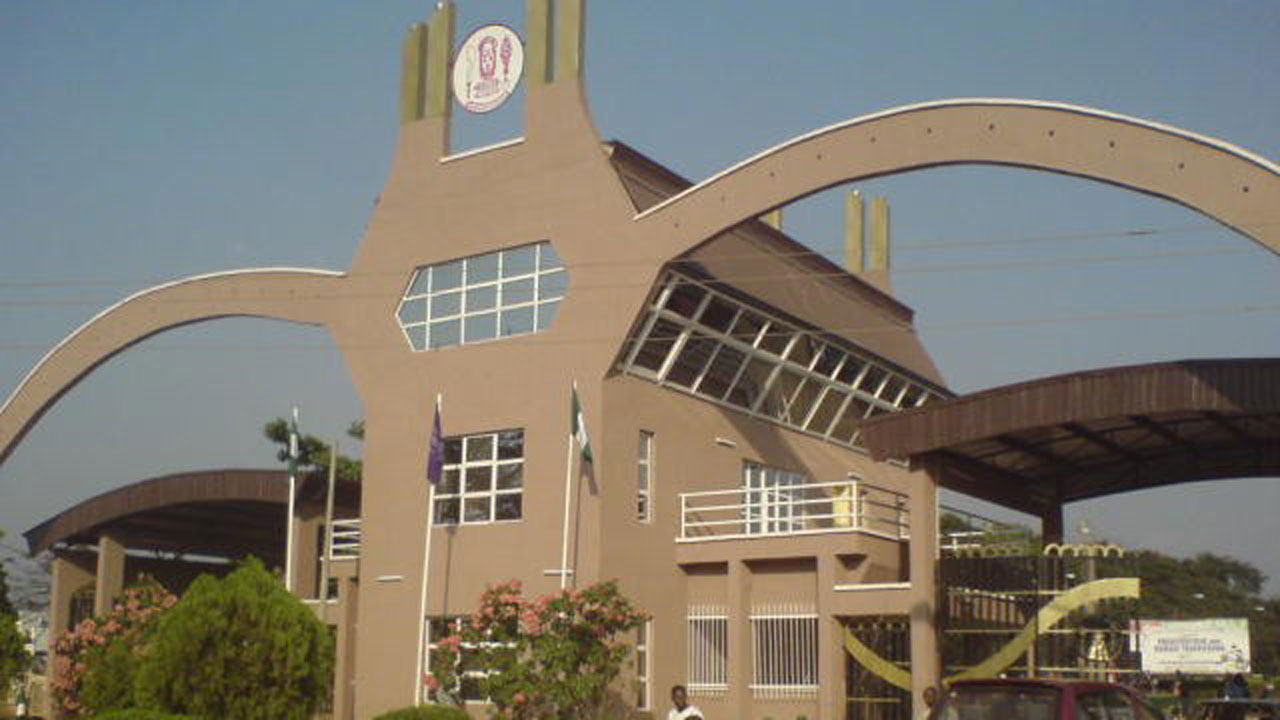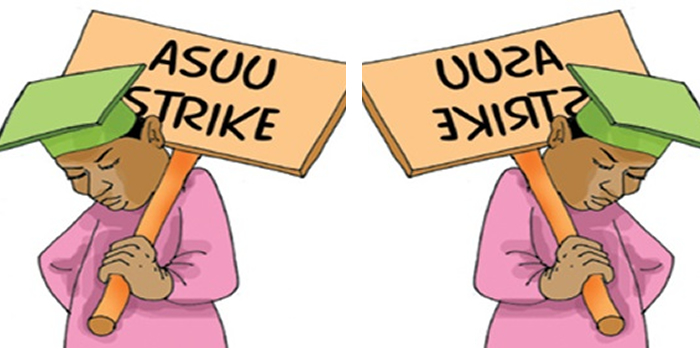The National Universities Commission (NUC) has given provisional licences to the newly established 37 universities approved by the Federal Executive Council (FEC) on May 15.
The Executive Secretary, NUC, Prof. Abubakar Rasheed, at the presentation of provisional licences to the universities, said that the number of private universities in the country now stood at 147.
Rasheed, who said that the country now has 264 universities, said that investment in tertiary education was a pre-requisite for human capital development in the country.
He said that access to university education remained a challenge due to the high demand and increasing number of secondary school graduates.
”The Nigerian statistics of high demand of tertiary education is grossly inadequate. Statistics put the number of enrollment in tertiary institutions at 2.23 million which is about 12 per cent of the total population of 220 million,” he said.
Rasheed charged the proprietors of the newly established universities to ensure that the motive for creating the universities were not for money but for a higher and noble goal.
”In establishing universities, you don’t expect to get financial rewards. If your main motive is to make money, then you are in a wrong place. You are here to pay back to humanity.
”The establishment of private universities is in dire need of passion from people, so that passion should drive you,” he added.
While charging the proprietors of quality assurance in the universities, the NUC boss assured of the commission’s support and cooperation to grow the university system.
The Permanent Secretary, Federal Ministry of Education, David Adejo, said the federal government was committed to public private partnership, especially in education sector which gave rise to the new universities.
Adejo said this was in a bid to increase access for university education system.
According to him, the gross total enrollment ratio stands at 12 per cent so there is a gap between demand and supply and as long as this gap exists, government will continue to welcome proposals for university’s enrollment by credible group.
He said the government would ensure that quality assurance and minimum standards in those universities were not compromised.
In a good will message, the Registrar, Joint Admissions and Matriculation Board (JAMB), Prof. Is-shaq Oloyede urged the universities proprietors to start on a good note while following procedures and standards.
Oloyede also urged them never to outsource their admissions but follow the admission procedures.
Also, the former Minister of Communication and Digital Economy, Prof. Isa Pantami challenged the proprietors on sustainability of the universities.
”The 264 universities in Nigeria is encouraging but we need to improve on the quality of what we teach the students in our university.
”We should focus more on producing potential employers not employees and producers rather than potential job seekers.
”Education is no more about lecturers driving you, it so no more about garbage in and garbage out our students must tackle complex problems which will enable them to be self reliance,” he said.
Pantami called for the need to review the entire curriculum of university that would focus on ICT.
Former governor of Cross River State Donald Duke, All Progressives Congress National Chairman, Abdullahi Adamu, former Chief of Staff to former President Muhammadu Buhari, Prof. Ibrahim Gambari, among others graced the occasion.
The lists of the newly licensed private universities are: Rayhaan University, Kebbi state, Muhammad Kamalu-Deen University, Kwara state, Sam Maris University, Ondo state and Aletheia University, Ago-Iwoye, Ogun state.
Others are Lux Mundi University, Abia state,Maduka University, Enugu state, Peaceland University, Enugu state, Amadeus University, Abia state, Vision University , Ogun state, Azman University, Kano state, Huda University, Zamfara state, Franco British International University, Kanuna and Canadian University of Nigeria, FCT.
On the list are Miva Open University, FCT, Gerar University of Medical Sciences, Ogun state, British Canadian University, Cross River state, Hensard University, Bayelsa state, Phoenix University, Nasarawa State Wigwe University, Rivers state and Hillside University of Science and Technology, Ekiti state.
Also, University of the Niger, Anambra state Elrazi University of Medical Sciences, Kano state, Venite University, Ekiti state,Shanahan University, Anambra state, the Duke Medical University, Cross River state, Mercy Medical University, Odun state,Cosmopolitan University, FCT, Iconic Open University, Sokoto state, West Midland Open University, Oyo State and Amaj University, FCT are in the list
In the list are also Prime University, FCT, El-Amin University, Niger state, College of Petroleum and Energy Studies, Kaduna state, Jewel University, Gombe, Nigerian University of Technology and Management, Lagos State, Al-Muhibbah Open University, FCT and Al-Bayan University, Kogi state.

